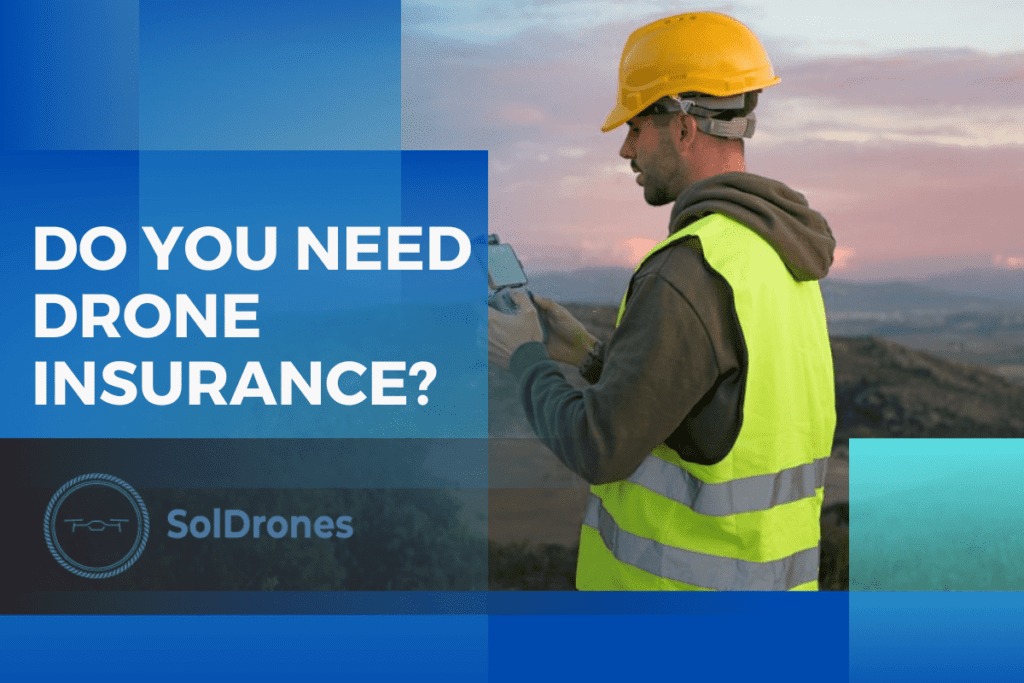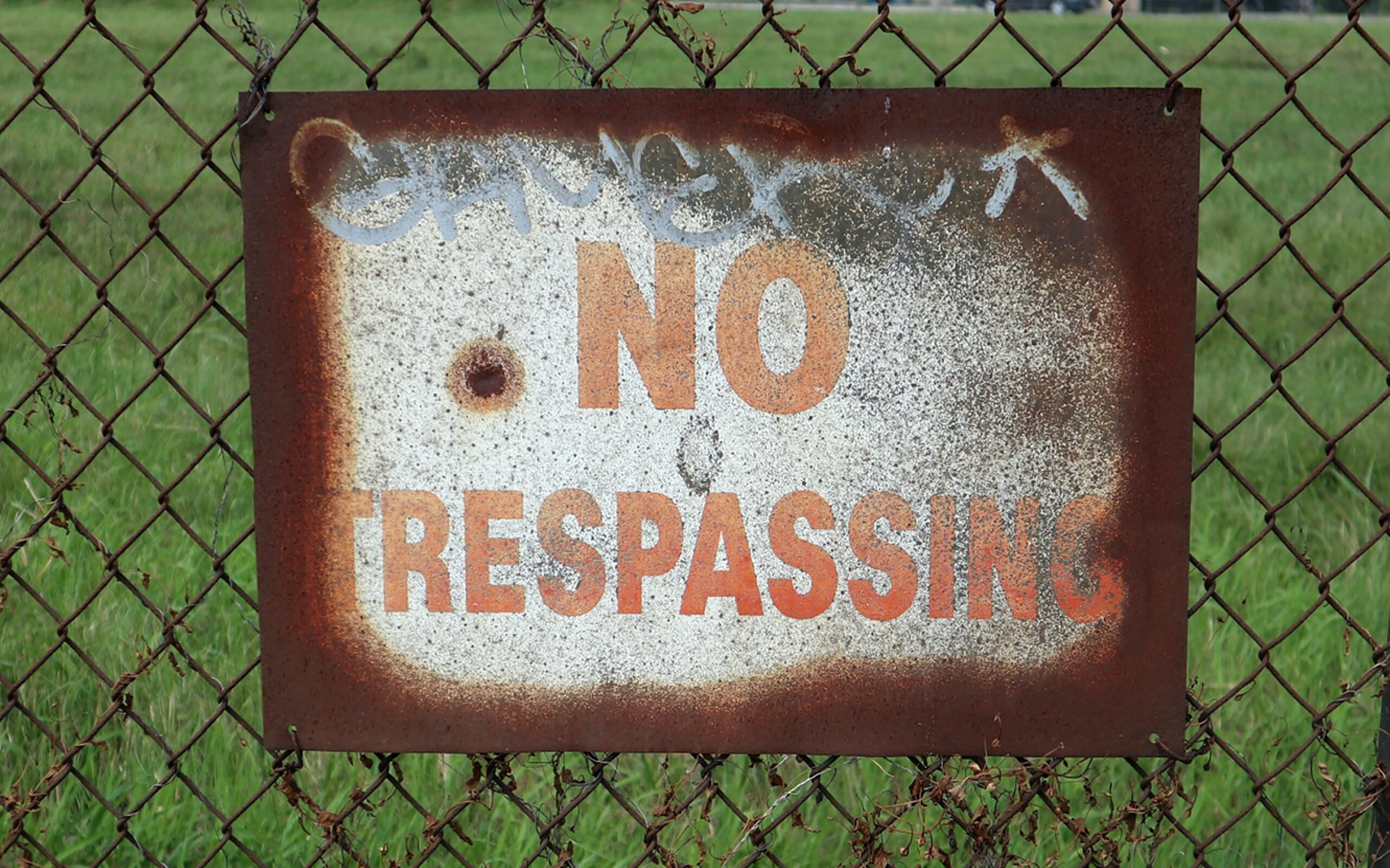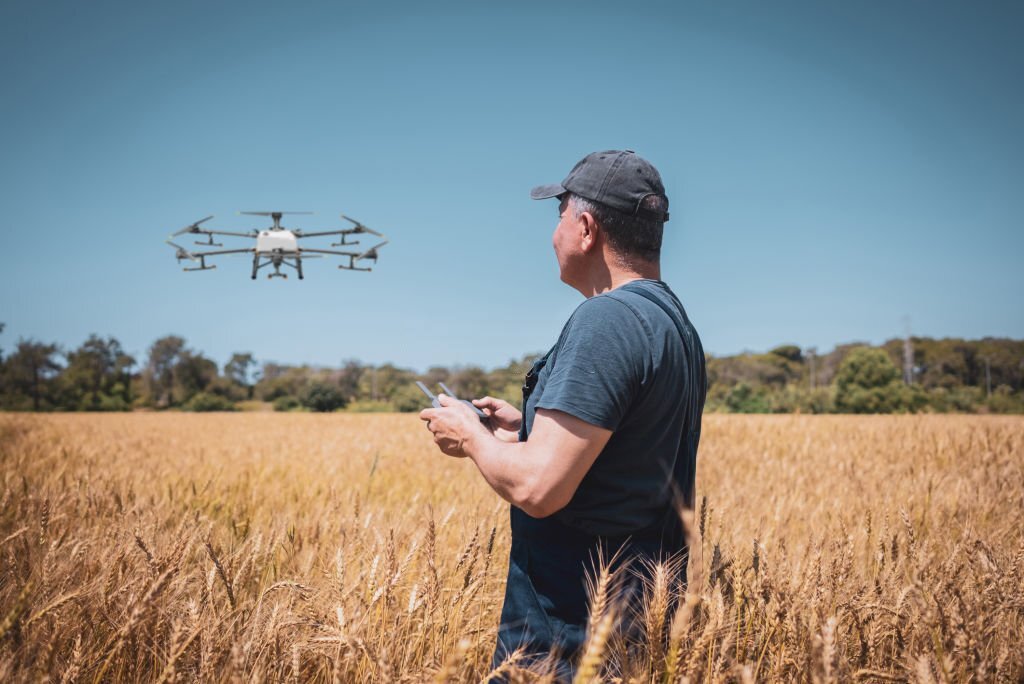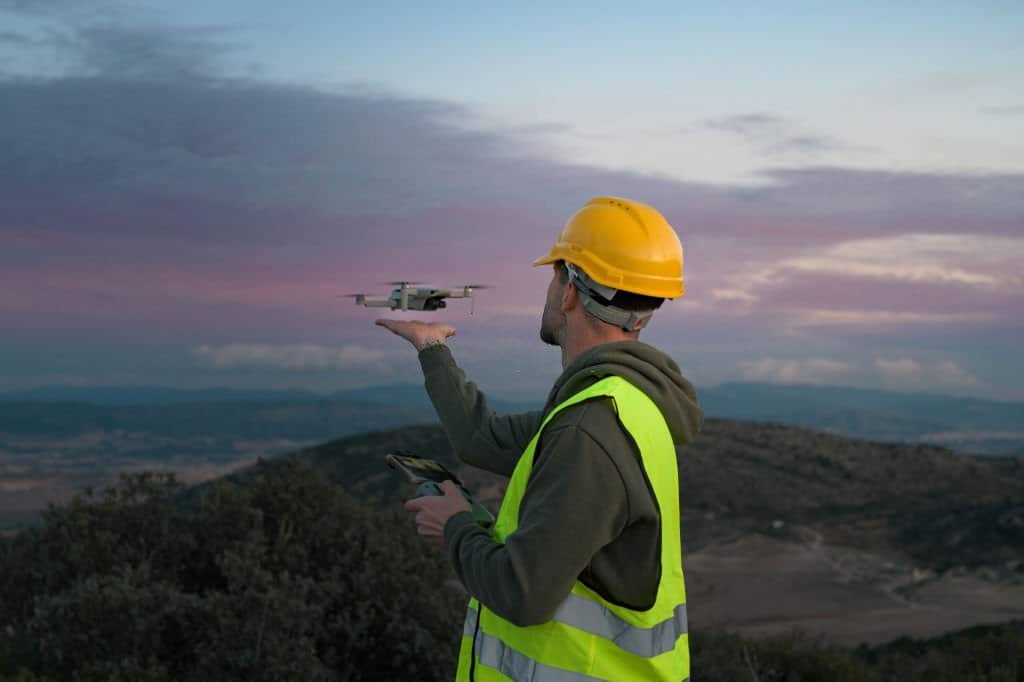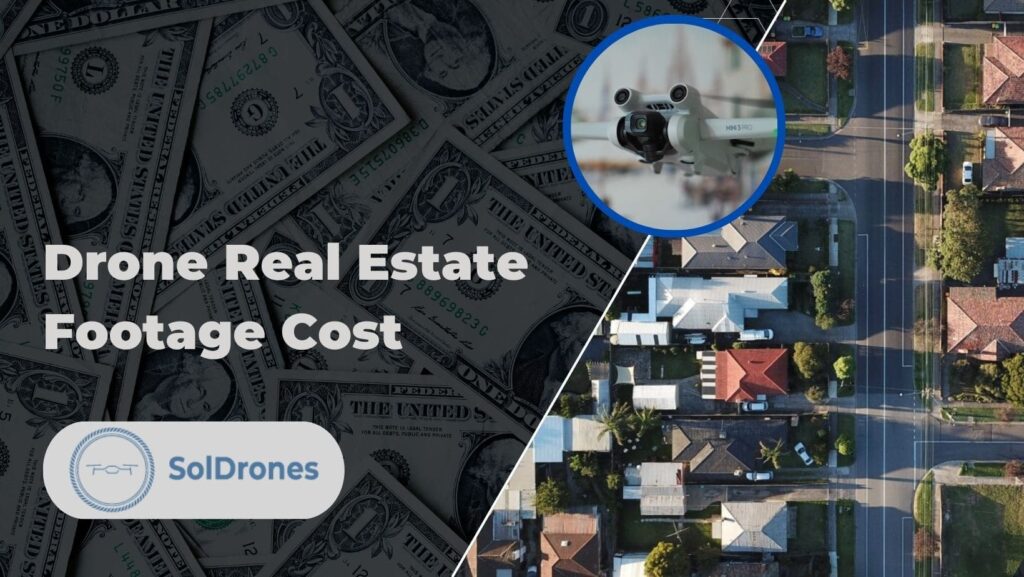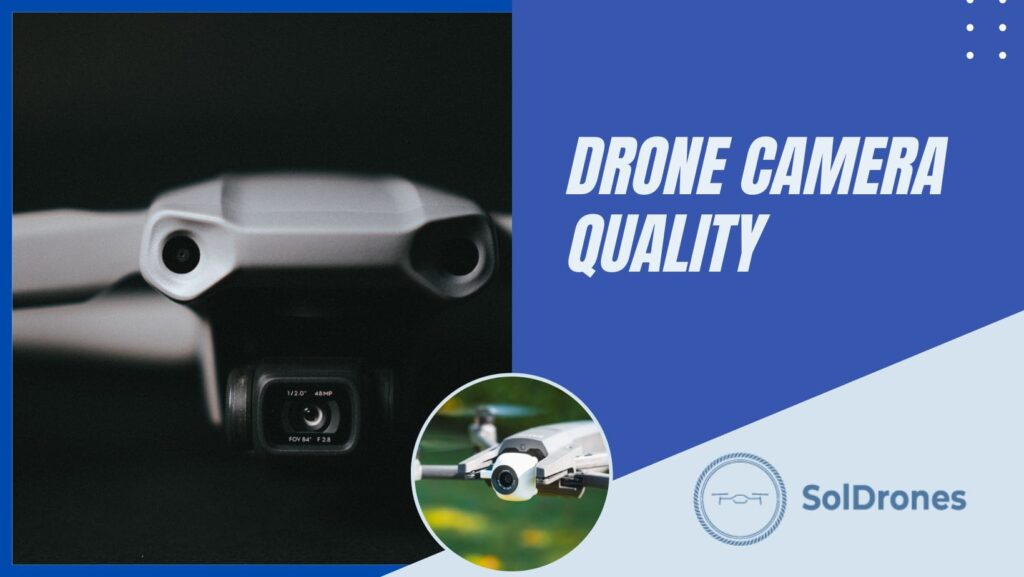Do I need drone insurance? This is a question many drone pilots and entrepreneurs often ask themselves. Exploring the multiple insurance options accessible for both leisure and commercial UAV operators is crucial, given the expanding utilization of drones in a range of industries.
To better equip drone pilots and entrepreneurs, this article will provide an in-depth exploration of the various types of insurance coverage available for recreational and commercial operators.
We’ll begin by discussing the drone insurance requirements and legal aspects. We’ll then take a look at common drone insurance policies and coverage plans, and we’ll weigh out the pros and cons. Finally, we’ll help you with finding the right drone insurance provider for you.
By gaining a comprehensive understanding of these topics surrounding “do I need drone insurance,” you will be better equipped to navigate potential risks associated with your UAV activities while ensuring optimal protection for yourself or your business.
Do I Need Drone Insurance?
As a drone pilot, entrepreneur, or commercial business, you may be wondering if you need drone insurance. While it’s not legally required in most countries, having proper coverage can protect against financial losses in case of accidents or damages. This article will discuss the importance of considering drone insurance based on potential risks and liabilities.
Legal Aspects of Drone Insurance
In the United States, drone liability insurance is not legally required as of May 2023.
Commercial operators should consider obtaining a policy due to increased risk exposure during their operations
However, commercial operators should consider obtaining a policy due to increased risk exposure during their operations. Additionally, some clients may require proof of coverage before hiring a professional pilot or company for aerial services.
Potential Risks Associated with Flying Drones
You’re well aware of the risks drones can bring, such as:
- Bodily Injury: Drones can cause serious injuries if they collide with people or animals.
- Property Damage: Crashes could lead to costly repairs or replacements for damaged property such as vehicles, buildings, and other structures.
- Trespassing and Privacy Issues: Flying over private property without permission can result in lawsuits related to trespassing violations and invasion of privacy claims.
- Fines from Regulatory Authorities: Violating local regulations like flight restrictions around airports could incur hefty fines from aviation authorities such as the FAA (Federal Aviation Administration).
Knowing these risks and the types of jobs you’ll be operating as a commercial drone pilot, it’s wise to consider looking into insurance options to keep you and your business protected.
Types of Drone Insurance Coverage
There are several types of drone insurance coverage available:
- Drone Liability Insurance: This coverage protects against bodily injury and property damage caused by your drone. It can also cover legal fees and settlements if you are sued.
- Drone Hull Insurance: This coverage protects against damage to the actual drone itself, including crashes and malfunctions.
- Payload Insurance: This coverage protects against damage to any equipment or cargo being carried by the drone.
- Hourly Insurance: This coverage is ideal for one-time or short-term drone usage, such as for a specific project or event.
- Annual Policy: This coverage is ideal for businesses or individuals who use drones regularly and want ongoing protection.
There are other types of drone insurance coverage, but these are some of the most common ones.
Types of Drone Insurance Policies
Different types of policies cater to specific needs such as daily or hourly options for occasional pilots, commercial coverage for businesses using drones professionally, or pilot-specific policies that focus on individual operators’ requirements. In this section, we will explore these various options available in detail.
Daily and Hourly Drone Insurance Plans
For drone pilots who only fly occasionally, daily and hourly insurance plans offer a cost-effective solution. These short-term policies provide coverage tailored to the duration of your flight, ensuring you’re protected without committing to an annual policy.
Commercial Drone Insurance
Commercial drone insurance is designed for businesses utilizing unmanned aerial vehicles (UAVs) professionally. This type of policy typically includes liability coverage for property damage and bodily injury caused by the drone operation, as well as protection against privacy-related lawsuits.
Pilot-focused Policies
If you’re a professional drone operator looking for comprehensive protection, consider drone pilot insurance. These specialized policies are tailored specifically around unique circumstances surrounding each operator individually and may include hull insurance covering the actual drone itself along with payload insurance protecting costly equipment carried by the UAV.
Choosing Suitable Coverage Levels
To select the right level of coverage, compare various plans offered by different insurers while considering factors like cost-effectiveness, reputation within industry circles, and customer support quality. Additionally, ensure that chosen policies provide comprehensive protection against common risks faced by drone operators such as bodily injury/property damage caused during flight operations and cyber-liability concerns related to sensitive information breaches.
Ensuring adequate protection for your drone requires understanding the specific coverage you need based on factors such as usage patterns (recreational vs professional), type, size, model, and age. Insurance requirements can vary significantly between providers, so always check before assuming anything.
Remember, drone insurance is not legally required in all cases, but it’s always better to be safe than sorry. Don’t assume that your homeowner’s insurance policy will cover drone operation, as most policies exclude unmanned aerial vehicles. Protect yourself and your business by investing in drone insurance coverage.
Key Components of Comprehensive Coverage Plans
A comprehensive drone insurance plan should include several crucial components to ensure adequate protection for both the drone operator and any affected third parties. These components are:
- Drone liability insurance: This covers bodily injury or property damage caused by your drone, as well as potential privacy issues related to lawsuits. It is essential to have sufficient drone liability coverage in place to protect against significant financial losses.
- Commercial property & payload coverages: For businesses using drones professionally, commercial property insurance protects against third-party claims of damage or injury resulting from your operations. Additionally, payload insurance covers costly equipment carried by the unmanned aerial vehicle (UAV) during flight.
- Cyber-liability protection: As drones often collect and transmit sensitive information, it’s vital to safeguard against potential breaches with cyber-liability insurance. This type of coverage helps mitigate risks associated with data theft or unauthorized access to confidential data stored on your UAV system.
Taking these key components into account when choosing a comprehensive policy ensures that you’ll be adequately protected in various scenarios involving your drone usage. As a drone pilot, it’s important to understand the risks associated with drone operation and the legally required insurance coverage. While hobby aircraft may be covered under homeowners insurance, commercial drone businesses and drone entrepreneurs need to have specific drone insurance policies in place to protect against liability risk and property damage.
Pros and Cons of Drone Insurance
Deciding whether to purchase drone insurance requires consideration of the associated benefits and drawbacks. Comprehending the benefits and drawbacks can assist you in making a judicious decision that is most appropriate for your requirements.
Advantages of Having Proper Coverage
- Financial Protection: A comprehensive drone liability insurance policy can protect you from costly claims resulting from property damage or bodily injury caused by your drone.
- Risk Mitigation: With adequate coverage, you can reduce potential financial losses associated with accidents or damages during drone operations.
- Better Reputation: Having insurance demonstrates professionalism and responsibility, which can enhance your credibility as a drone operator or business owner.
Drawbacks to Consider Before Purchasing a Policy
- Premium Costs: The cost of obtaining a suitable policy may be significant for some operators. It’s crucial to compare various providers’ offerings based on factors like coverage limits, deductibles, and premiums before making a decision.
- Limited Applicability: In some cases, existing policies such as homeowners’ insurance might already provide limited coverage for recreational drones. However, this is not always sufficient, so it’s important to verify what protections are included.
Drone Insurance Cost
The cost of drone insurance varies depending on several factors, including the type of coverage, the value of the drone, and the level of risk associated with your operations. It’s important to shop around and compare policies from different insurance companies to find the best coverage at a reasonable price.
Finding the Best Drone Insurance Provider
With numerous providers offering various policies tailored to specific needs, it’s essential to find one that best suits your requirements. In this section, we’ll discuss how you can compare different insurers and their offerings while keeping factors like cost-effectiveness, reputation within industry circles, and customer support quality top-of-mind during decision-making processes involved throughout.
Comparing drone insurance providers
To begin with, research several drone insurance companies and analyze their coverage options in terms of liability limits, hull insurance availability, and additional features such as payload or cyber-liability protection. Make a list of potential insurers based on these criteria.
Evaluating costs vs benefits
- Cost: Compare premiums across different plans by requesting quotes from each provider. Keep in mind that lower-cost policies may not offer comprehensive coverage.
- Coverage: Ensure the policy covers all aspects of your drone usage, including property damage claims or medical expenses resulting from accidents.
- Reputation: Look for reviews and testimonials from other drone operators who have experience dealing with the insurer. A reputable company should have a solid track record in handling claims efficiently.
- Customer Support: Choose an insurer that offers excellent customer service through multiple channels (phone/email/chat) so you can easily reach them when needed.
Weighing these elements can assist you in selecting the insurer that is most appropriate for your unique circumstances concerning unmanned aircraft operations.
Conclusion
Drone pilots and entrepreneurs must be aware of the distinct insurance policies obtainable for their activities. Recreational pilots may be able to rely on their homeowner’s policy, but additional liability protection can provide peace of mind. Commercial operators need adequate liability coverage and payload insurance to protect valuable equipment. Cyber-liability coverage is also crucial in today’s digital age.
When selecting a drone insurance policy, it’s important to compare providers’ crash-related coverages and evaluate repair costs versus premiums. Daily and hourly options are available, and choosing an appropriate coverage level based on usage is key.
If you’re asking yourself “Do I need drone insurance?” the answer depends on your specific situation. However, having proper insurance can help protect against financial losses in case of accidents or data breaches.
We wish you the best in determining what works best for you and we look forward to seeing you in the skies!
FAQs in Relation to Do I Need Drone Insurance
Why Have Drone Insurance?
Drone insurance provides financial protection against accidents, damages, and liability claims. Commercial operators need to safeguard their businesses and assets. For recreational pilots, it offers peace of mind in case of unexpected incidents. Drone insurance can also be a requirement for certain contracts or locations.
Does General Liability Insurance Cover Drones?
General liability insurance typically does not cover drones as they are considered aircraft. A separate drone-specific policy is required to ensure adequate coverage for potential risks associated with drone operations such as property damage, personal injury, or invasion of privacy claims.
What Are the Exclusions for Drone Insurance?
Exclusions vary by provider but may include intentional acts causing harm or damage, illegal activities (e.g., drug trafficking), operating outside permitted areas or times, non-compliance with regulations (e.g., FAA rules), unauthorized modifications to the drone system, and war-related events.
What Does “Drone Insurance Cover” Mean?
Drone insurance covers various aspects related to owning and operating a drone: Liability coverage protects against third-party claims resulting from bodily injury or property damage; hull coverage insures the physical equipment itself; payload coverage safeguards additional onboard components like cameras; cyber-liability addresses data breaches and cybersecurity risks during operation.

